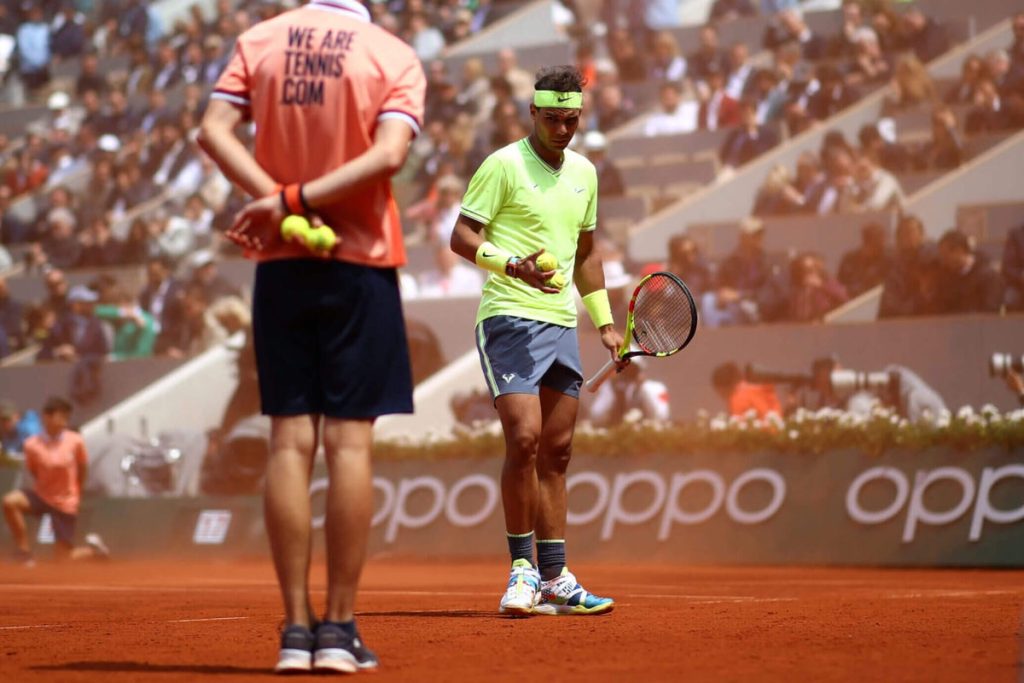For over two decades, tennis icon Rafael Nadal has demonstrated his authentic character against contemporaries like Roger Federer and Novak Djokovic. Federer was portrayed as the diplomatic ambassador, while Djokovic had to carve out his identity in a sport dominated by his powerful rivals. Nadal bravely conveyed his painful honesty, communicated through his trademark phrase, “that is my true”’, or through his arched eyebrows and sarcastic grin indicative of disbelief. He hung up his racquet at 38, years after Federer and Andy Murray, despite the debilitating physical challenges he has had to endure.
Nadal’s retirement decision came after a four-month-long struggle, where he played 16 matches on his preferred red clay courts. Out of the games, he won 10 but lost six, including critical matches against Alexander Zverev and Djokovic. His defeat to Djokovic during their last match was an indicator that it was time to retire. Nadal’s friend and fellow tennis player, Feliciano Lopez, mentioned in an interview that Nadal’s mental strength was unmatched across all sports, but his problem lay in the physical constraints that hampered his gameplay.
After a hip injury at the Australian Open in 2023, Nadal underwent surgery to repair two muscle tears. Despite making multiple comebacks post-recovery, the challenges to his game cropped up incessantly, especially being unable to regain his serving prowess, which had improved from being a distinct weakness to a weapon. His body could no longer bear the vigorous activity, and he was compelled to retire from participating in tournaments on hardcourts and the Wimbledon grass.
If Nadal’s last appearance at the French Open was marred by a defeat at the hands of a highly skilled Zverev. Following a humiliating defeat at the Italian Open by Hubert Hurkacz, Nadal was brutally honest about his performance, stating, “I did a disaster.” Despite the setbacks, a period of good health promoted some hope. However, being paired with top-competitor Zverev in his peak condition during the French Open and then with Djokovic at the Olympics only added to his disheartenment.
Nadal’s 60th match with Djokovic at the Olympics was a cold wake-up call. Djokovic demonstrated superior performance over Nadal, who admitted, “He was much better than me.” He had the option to continue, but he chose to prefer his nostalgic memories over the possibility of humiliation at the subsequent games. His retirement was an acceptance of the fact that even though he could secure wild card entries to matches due to his undeniable talent, his physical hindrances made it almost impossible for him to continue.
Rafael Nadal’s retirement from professional tennis signifies the end of an era. Despite the painful losses he encountered in his final years of the sport, his achievements and character have undoubtedly secured his reputation as one of the most influential and legendary players in the history of tennis. His unique perspective, honesty, tenacity, and relentless pursuit of perfection will continue to inspire generations of tennis players worldwide.


